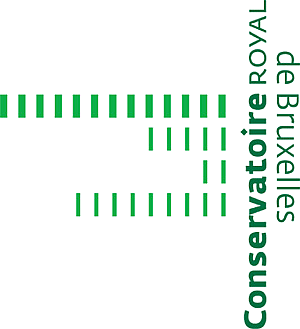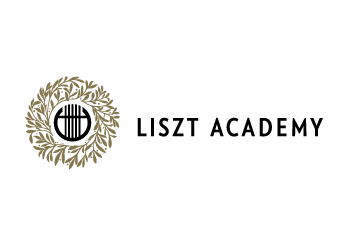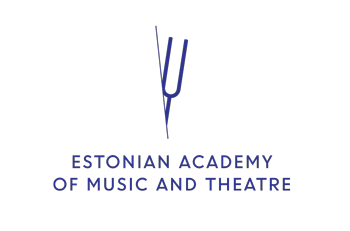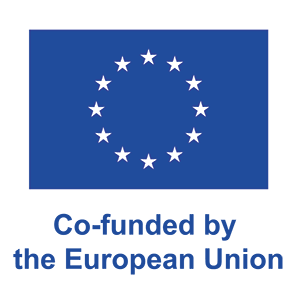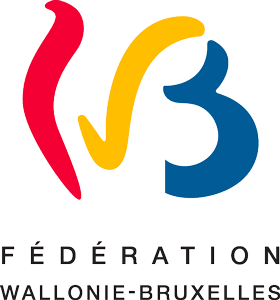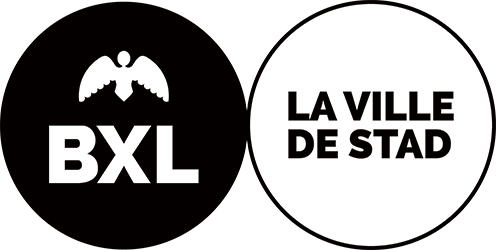-
Analyzing Classical Form - An Approach for the Classroom
Analyzing Classical Form – An Approach for the ClassroomAnalyzing Classical Form builds upon the foundations of the author's critically acclaimed Classical Form by offering an approach to the analysis of musical form that is especially suited for classroom… -
Chanter sur le livre. Manuel pratique d’improvisation polyphonique de la Renaissance
Singing upon the book. Practical manual for polyphonic improvisation of Renaissance MusicThe manual gives a vivid and didactically extremely well developed introduction into polyphonic improvisation in 15th & 16th century styles. It comprises explanations and exercises for different canon… -
Chanter sur le livre. Manuel pratique d'improvisation polyphonique de la Renaissance (15ème et 16ème siècles)
Singing upon the book. Practical manual for Renaissance polyphonic improvisationIntroduction, explanations, examples and practical advice on improvising in Renaissance styles with canon techniques, diminution, gymel & fauxbourdon and others, including a collection of historic… -
Twentieth-Century Harmony - Creative Aspects and Practice
Twentieth-Century Harmony – Creative Aspects and PracticeAn orderly presentation of harmonic procedures to be found in music of the first half of the twentieth-century. The author examines the nature of intervals in various contexts, discusses the modes and… -
Satztechniken im 20. Jahrhundert
Compositional techniques in the 20th centuryOne of the most exciting chapters in music history is the turn of the 20th century: Different styles develop in parallel, influence and criticize each other, until finally each composer himself invents…discipline Music Analysisused by: Koninklijk Conservatorium Den Haag (NETHERLANDS)more about this book -
Historia Muzyki Polskiej. Tom 1, Średniowiecze. Część 2: 1320-1500
History of Polish Music. Book 1, Middle Ages. Part 2: 1320-1500Second part of history of Polish medieval music from 1320 to 1500. It provides some information about Polish music culture of the 14th and 15th centuries, as well as about Polish music composition dating…discipline History of Musicused by: Akademia Muzyczna im. Stanisława Moniuszki (POLAND)more about this book -
Historia Muzyki Polskiej. Tom 10, Fortepian Polski
History of Polish Music. Book 10, Polish Piano"Polish Piano" contains of 5 chapters, consequently: 1. Origin and development of piano construction in the world; 2. Development of piano construction in Poland; 3. Production of piano in Poland; 4. Construction…discipline History of Musicused by: Akademia Muzyczna im. Stanisława Moniuszki (POLAND)more about this book -
Historia Muzyki Polskiej. Tom 4, Klasycyzm
History of Polish Music. Book 4, ClassicismThis book is a part of ten volume work titled "History of Polish Music" under edition by Stefan Sutkowski. The book covers vastly understood development of Polish music in 1750-1830 timespan in fields…discipline History of Musicused by: Akademia Muzyczna im. Stanisława Moniuszki (POLAND)more about this book
Be a part of our european project !
This European project (KA 203 Strategic Partnership) created by Salvatore Gioveni promotes cross-border collaboration in the field of Music Theory through sharing knowledge and transferring pedagogical innovation. It thus responds to a lack of centralised source and framework to deepen reflection by means of cross-disciplinary study at European and international level.
There is a significant wealth of educational practices from one country to another in this sector, especially in terms of harmonic musical notation and analysis. However, HMEI's are facing the nonexistence of a European network for pedagogical staff in Music Theory so far. To improve the situation, the project will among other things develop several intellectual outputs such as Online Platform (IO 1), an EU Bibliography (IO 2), a Repository Courses (IO 3), a Multilingual Glossary (IO 4) and an Exchange Online Learning Platform.
Besides the Conservatoire royal de Bruxelles as leader and manager of the project, the following partner institutions are involved: Music Academy S. Moniuszki Gdańsk (Gdańsk, Poland), F. Liszt Academy of Music Budapest (Budapest, Hungary), Estonian Academy for Music and Theatre (Tallinn, Estonia), HfMTh "Felix Mendelssohn Bartholdy" (Leipzig, Germany).
 | 2024
| 2024
